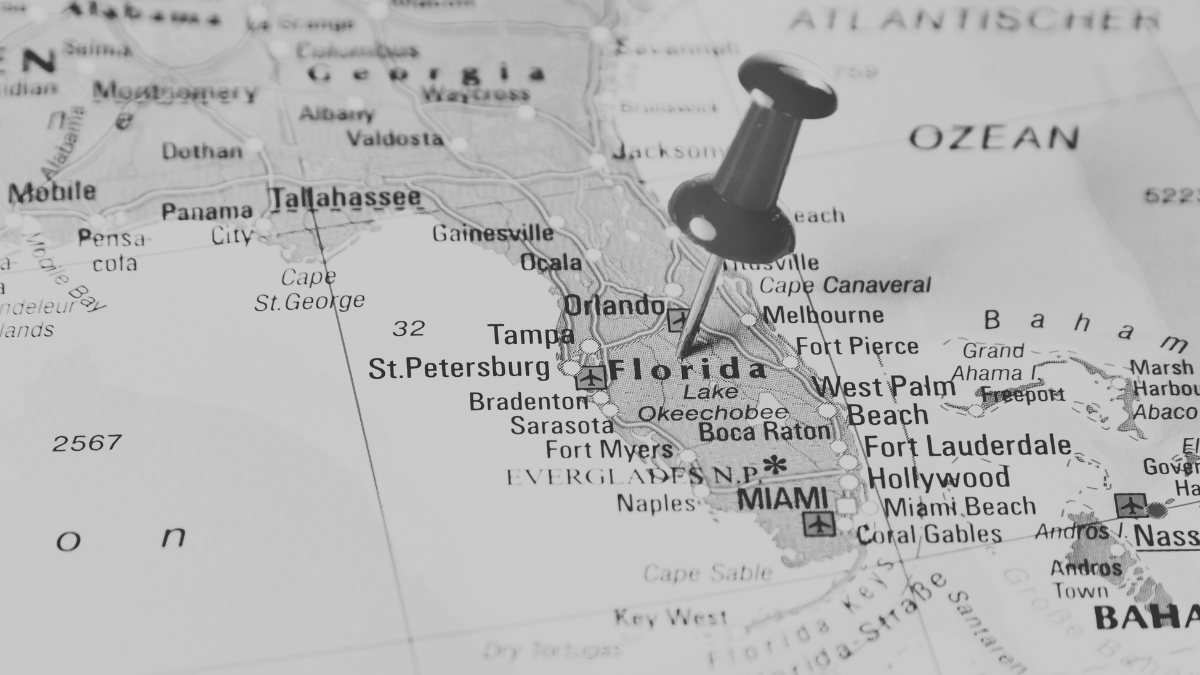Source: Cardinal & Pine
The Florida Supreme Court issued a ruling this month allowing a six-week abortion ban to go into effect starting May 1. The extremely restrictive law – which bans abortion at a stage when many women do not even know they are pregnant – will have a wide-ranging impact not just on Florida, but the entire South.
Abortion access is now eliminated in Tennessee, Alabama, and Mississippi and severely restricted with six-week bans in South Carolina, Georgia, and Florida. North Carolina remains the closest state for many Southern women where abortion is still legal, although Republicans here also rushed through a 12-week ban and additional restrictions last summer.
With the addition of Florida’s ban, abortion providers expect wait times for reproductive healthcare in North Carolina to increase, making it harder for residents to access the care they need.
“Our clinics have been so busy trying to keep up with those trying to seek care here in North Carolina, but also those from our neighboring states, especially Georgia and South Carolina,” Dr. Robin Wallace, a family physician in Chapel Hill, said. “My colleagues in Charlotte and Asheville are seeing folks from Tennessee of course, and from other parts of the South.”
Jenny Black, president of Planned Parenthood South Atlantic, laid out the consequences of the Florida ban. “Patients who would have gotten an abortion in Florida will now be forced to travel hundreds of miles to obtain care in North Carolina and others may have to travel even farther to Virginia. Tragically, there will be countless others who are forced to remain pregnant, obtain care outside the health care system, or give birth against their will,” she said.
Black went on to urge accountability for the Republican lawmakers who have instituted this chaos and strain on healthcare access in the South.
“Anti-abortion lawmakers are hellbent on controlling our bodies, our lives and our futures. The politicians who’ve created this public health crisis must be held accountable for the irreparable harm they’ve caused in our state and across the nation,” Black said.





